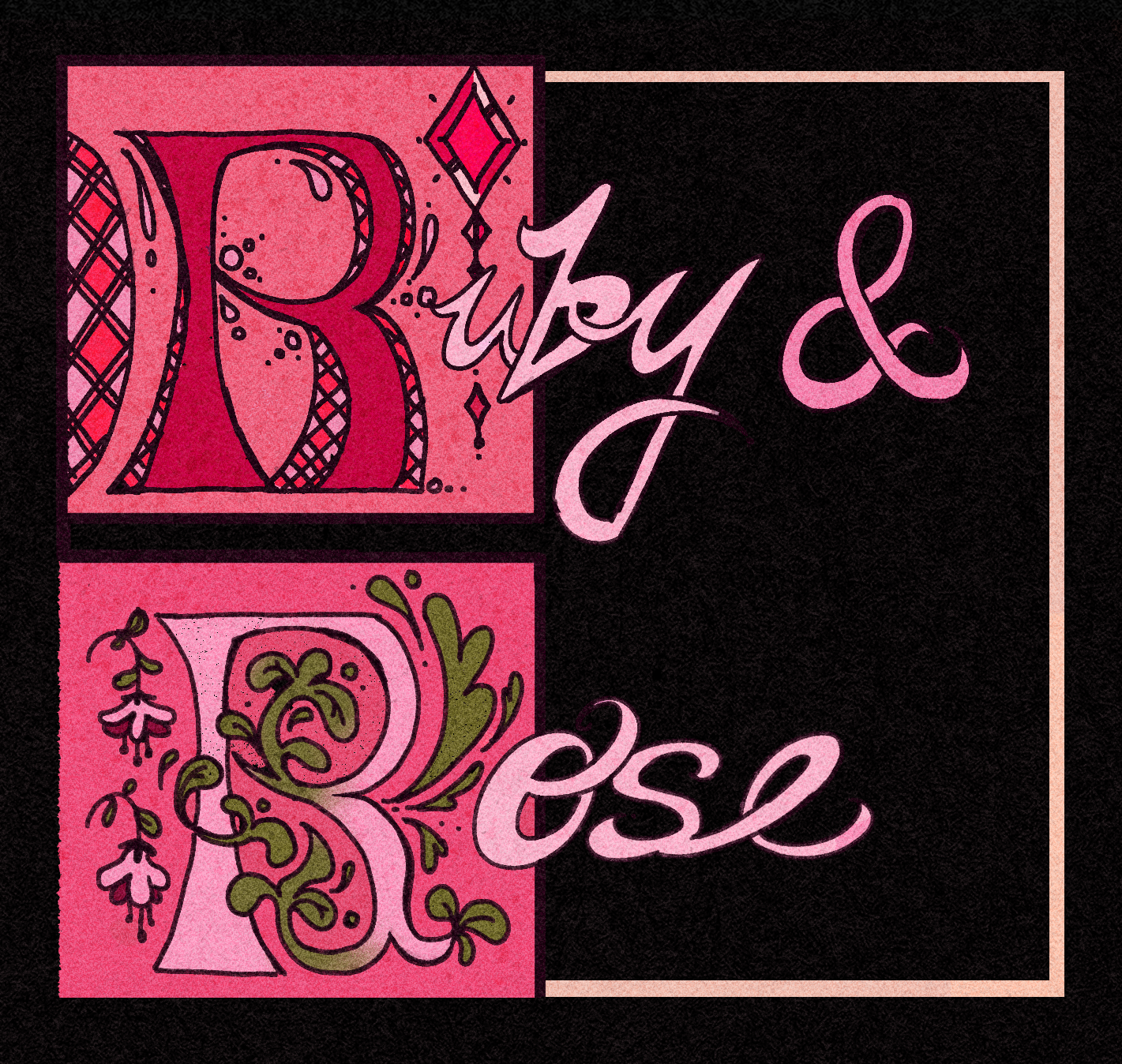FestMIMA 2025 (English)
Ruby & Rose’s first official live performance took place very close to where it all began, in Riacho Fundo, DF. It happened on the first edition of FestMIMA, officially (and translated by yours truly), the Riacho Fundo Festival of Music, Inclusion and Environment.
I was one of 10 bands and artists selected by a board of curators for performances on April 12th, from a list that had over 100 submissions. The event, which was financed by the district government’s Culture Support fund, sought to value disabled, LGBTQIAP+, black, women, and indigenous artists from Brazil’s Federal District, as well as educate the public on matters related to environmental preservation. The Riacho Fundo Ecological Park was an excellent stage for this to take place at, being a place where the community gathers and gets in contact with nature and culture.
I much admire the organisation of such an event, and believe in its importance quite firmly. The cultural diversity was broad and provided a lot of entertainment to the public: there was an art exposition, yoga, games and toys for the children, awareness campaigns, and environmental preservation actions. All was done to accommodate all types of people, and accessibility for persons with disabilities was guaranteed in an exemplary way. Between one show and the next, sets from DJ Luiza Érre – who debuted the very first version of Float (She Doesn’t Know), which would only get released officially over three months later – and from the clown Gaubi Beijodo, the master of ceremonies. The lineup in itself was diverse, the very proof of DF’s cultural wealth. There was samba, MPB, hip hop, psychedelia, and even children’s music.
And, of course, with Ruby & Rose, there was rock and roll.
The performance had the accompaniment of Gustavo Albuquerque on bass and Chiva Lopes Flores on drums and backing vocals. This incarnation as a power trio made for a tight, spontaneous set, with simple, effective, composition-forward arrangements. Musically, I very much admire the performers behind this lineup. It was one mighty show. It was then, onstage, that I truly realised the value music has for the expression on an identity. To sing is to be, and the way we sing is a reflection of who we are and what we believe in.
Gaubi Beijodo said, presenting us to the public: “There will be distortion. And if there will be distortion, there will be inclusion.” Which, all things considered, is a pretty good summary of it all. I didn’t choose to sing rock music for just any reason. I know very well the origin of this style and its history, but I know even better the emotions that it brings up. Distorted guitar has its way to connect similar stories, and to make heard those who aren’t heard very well.
The lesson at the end was clear. I am here. Like it, dislike it, it doesn’t matter. Ignoring my existence is no longer an option.
Foto: Mariana Guedes
Foto: Mariana Guedes
Foto: Mariana Guedes
Foto: Mariana Guedes
Foto: Mariana Guedes
Foto: Divulgação FestMIMA






